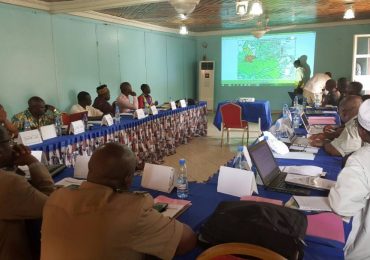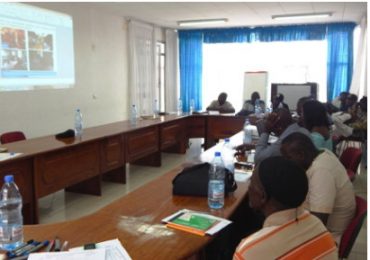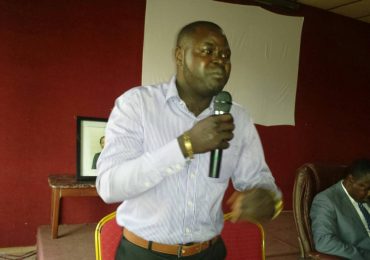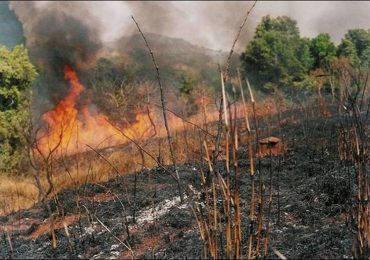Most developing countries at the COP 21 Paris are reportedly reluctant to accept implementation of Paris climate change proposals for economic reasons.
By Anu Nkeze Paul
Under the current circumstances, the poorer nations will ignore any Paris accord because they need to grow economically, and the easiest way to do that involves burning fossil fuels.
African countries heavily depended on coal-fired electricity generation are reluctant to consent to an emissions cap by a certain date, as the US, which has pledged to do so by 2025, and China, 2030.
The world’s 47 least developed countries (LDCs) said separately that there could be no final agreement in Paris if rich countries did not accept responsibility for causing irreversible “loss and damage” to the environment.
Developing countries say the principle of rich states taking the lead, which has been the cornerstone of the UN climate convention, is being eroded as the US and others press hard for all countries to act voluntarily according to their ability and without legal liability.
Meanwhile, efforts to help developing nations foot the bill are underwhelming. In 2009, industrialized countries agreed to raise $100 billion by 2020 for a Green Climate Fund to benefit emerging economies is still to be effective.
The subsidy for clean-energy technologies and other methods to curb global warming are not yet guaranteed.
The fundraising is behind schedule with US’s foot-dragging a big factor, thanks to Republican bids to hold down spending on it. Republicans say the money will only go into corrupt officials’ pockets if good control mechanism is not put in place.
The US and Europe have so far refused to accept any liability, fearing that they would be left open to financial reparations.
President Paul Biya of Cameroon is pushing for more funds to accompany the deal tabled by developed countries.









